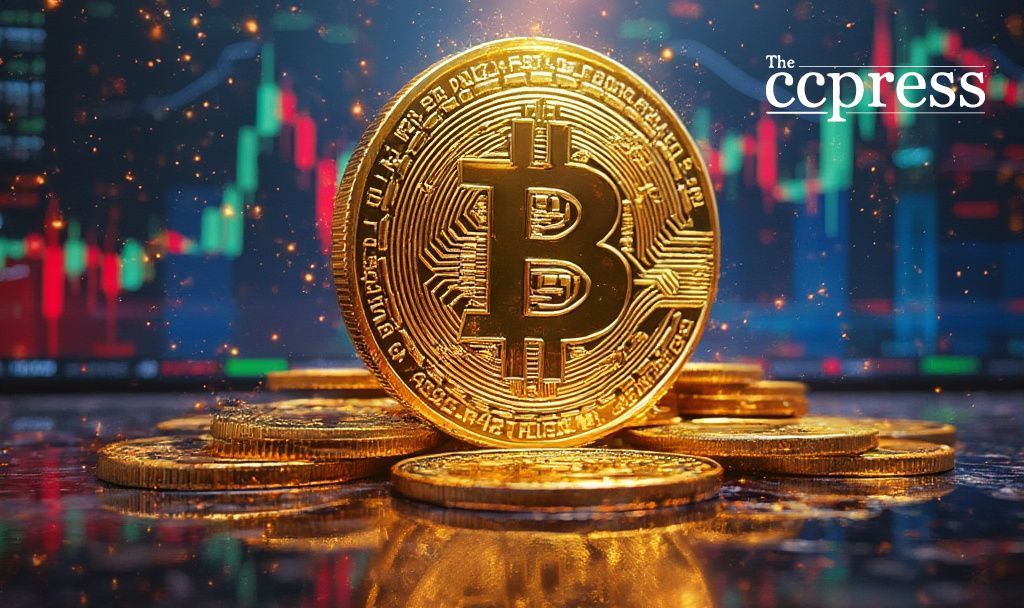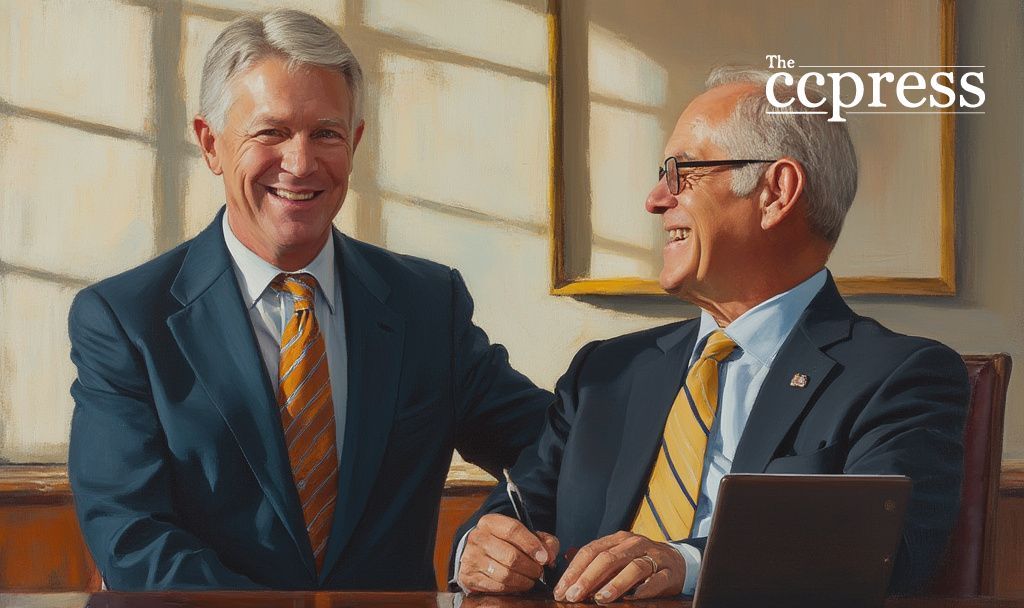Hong Kong unveils new stablecoin licensing regime
The Financial Services and the Treasury Bureau (FSTB) and the Hong Kong Monetary Authority (HKMA) released their conclusions on creating local stablecoin-related legislation.
On July 17, the two financial institutions followed up on an initial legislative proposal to create a regulatory framework for fiat-referenced stablecoin (FRS) issuers in Hong Kong.
This follows a two-month public consultation period that ended in February, which saw 108 submissions from various stakeholders, including market participants, industry associations, and professional organizations.
The majority of submission respondents were in agreement that a regulatory regime is necessary for FRS issuers, in order to manage potential monetary and financial stability risks, while also ensuring transparent and effective oversight.
General support and recommendations
Overall, the proposed regulatory requirements and implementation arrangements garnered general support from respondents, as well as additional suggestions.
Christopher Hui, the secretary for the FSTB, noted that the new licensing regime for FRS issuers would complement the existing regulatory measures for virtual asset (VA) trading platforms.
Hui said it would “further strengthen” the VA regulatory framework in Hong Kong in line with international standards and help mitigate financial stability risks associated with stablecoin issuance.
Related: Banque de France, Hong Kong Monetary Authority explore CBDC, tokenization
Hong Kong stablecoin ecosystem
Eddie Yue, the CEO of the HKMA, expressed appreciation for the feedback received and emphasized the strong support for the proposed regulatory regime, which is expected to promote a sustainable and responsible stablecoin ecosystem in Hong Kong. He said:
“We believe that a well-regulated environment is conducive to the sustainable and responsible development of the stablecoin ecosystem in Hong Kong.”
The FSTB and the HKMA said they will incorporate the feedback into the final legislative proposal, aiming to present a bill to the legislative council soon.
Additionally, the HKMA said that it is reviewing applications for a stablecoin issuer sandbox and will publicize the list of participants in the near future.
Hong Kong regulators have been proactive in keeping an eye and tight reign over the digital asset industry.
On July 15, the Hong Kong Securities and Futures Commission updated its alert list to include seven crypto trading platforms that it says are operating without licenses and raised concerns over investor safety.
In June, Hong Kong called for feedback on several critical aspects of Web3 policy development, including balancing technical, legal and regulatory frameworks from experts around the world.
Magazine: Meet the hackers who can help get your crypto life savings back
Disclaimer: The content of this article solely reflects the author's opinion and does not represent the platform in any capacity. This article is not intended to serve as a reference for making investment decisions.
You may also like
Australian Court Overturns License Ruling Against Block Earner, Sides with Fintech in Landmark Crypto Case
In a significant legal win for Australia’s crypto and fintech industry, the Federal Court has overturned a previous ruling that required digital finance firm Block Earner to obtain a financial services license for its discontinued fixed-yield crypto product.

Symbiotic Raises $29 Million to Build Universal Staking Coordination Layer
Symbiotic, a decentralised finance (DeFi) protocol, has secured $29 million in a funding round led by Paradigm and cyber.Fund.

Bitcoin Surpasses Amazon, Approaches Google’s Market Cap

Michael Saylor Backs New SEC Chair for Bitcoin Growth

